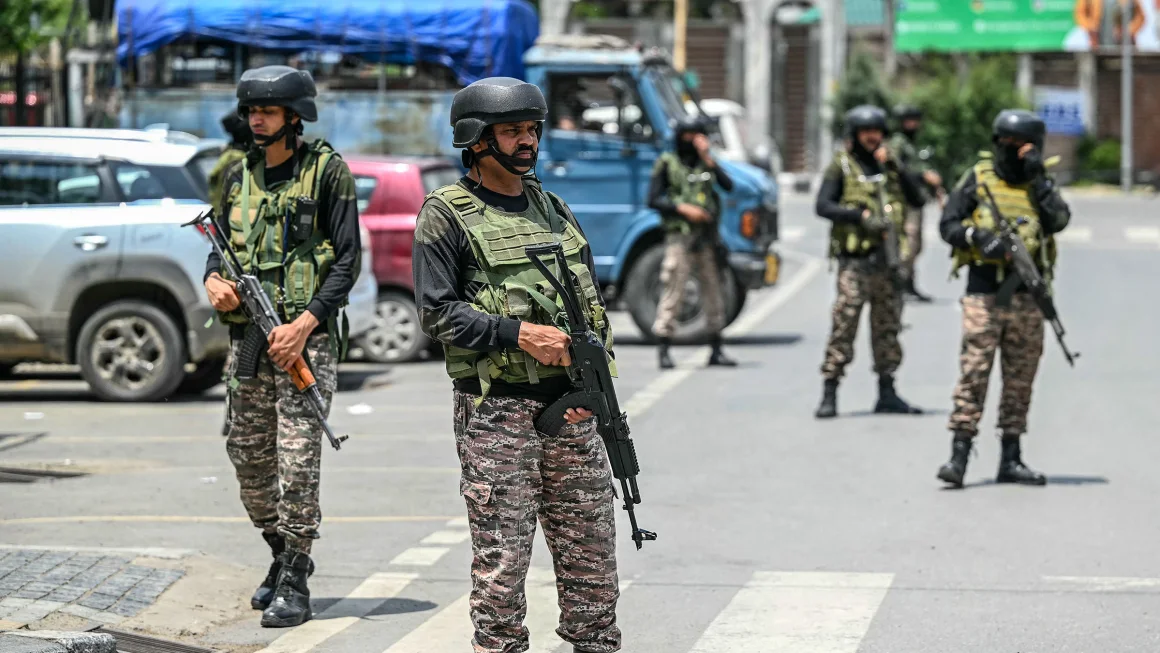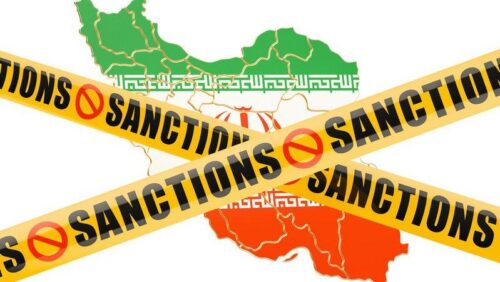
India and Pakistan talking up victory, but this conflict has no winners, says CNN
Victory has a thousand fathers, as they say, but defeat is an orphan. That is how CNN described the brief but bruising conflict between nuclear rivals India and Pakistan with both sides loudly talking up their successes while quietly down-playing losses.
On India’s frantic television news channels, minutes after a US-brokered ceasefire came into force, the headline “Pakistan Surrenders” was splashed across the screens.
India’s military action against Pakistan, sparked by the killing of tourists in India-administered Kashmir last month, sent a bold message to terrorists, India’s defense minister, Rajnath Singh, said later.
Meanwhile, in Pakistan, crowds gathered in the streets of the capital to celebrate what Prime Minister Shehbaz Sharif described as “military history” achieved by “our brave army in a spectacular fashion.”
“In a few hours our jets silenced India’s guns in a way that history will not soon forget,” Sharif said, while an effigy of his Indian counterpart burned outside.
As noted, this was an eruption of violence between two nuclear-armed neighbors in which both sides delivered and suffered heavy blows.
Pakistan has trumpeted successes in the skies, claiming its pilots shot down five Indian fighter jets in aerial battles, including three advanced French-made Rafales.
As CNN earlier reported, two planes crashed in Indian states that border Pakistan around the time Pakistan claimed to have shot down the jets, and a French intelligence source told CNN that Pakistan had downed at least one Indian Rafale.
But Indian officials are still refusing to acknowledge even a single aircraft loss.
Meanwhile, India has released new satellite images showing serious damage to air strips and radar stations at what Indian defense officials say are multiple Pakistani military bases crippled by massive Indian airstrikes.
In other words, political and military leaders in India and Pakistan can spin it how they like, but there is no clear winner in this conflict.
There’s even a struggle to take credit for what were clearly US-brokered negotiations that led to the ceasefire, announced almost out of the blue by US President Donald Trump on his Truth Social platform.
Amid a rapidly deteriorating security situation at the weekend, which threatened to spin out of control, US Secretary of State Marco Rubio said he and Vice President JD Vance called political and military leaders on both sides urging them to hold back.
Pakistani officials expressed gratitude for the intervention. But Indian leaders are playing down any US role, saying the truce was worked out between India and Pakistan directly.
The reason is likely to be driven by national pride, with Indian officials loathe to admit a truce was imposed on them, or even brokered, by the United States.
India also has a long-standing policy of refusing to allow foreign mediation when it comes to the status of Muslim-majority Kashmir—a disputed region claimed by both India and Pakistan in its entirety.
The US-brokered truce is little more than a quick fix, a band aid that is unlikely to remotely address the fundamental grievances fueling what is actually a decades long dispute, over the status of Kashmir.


